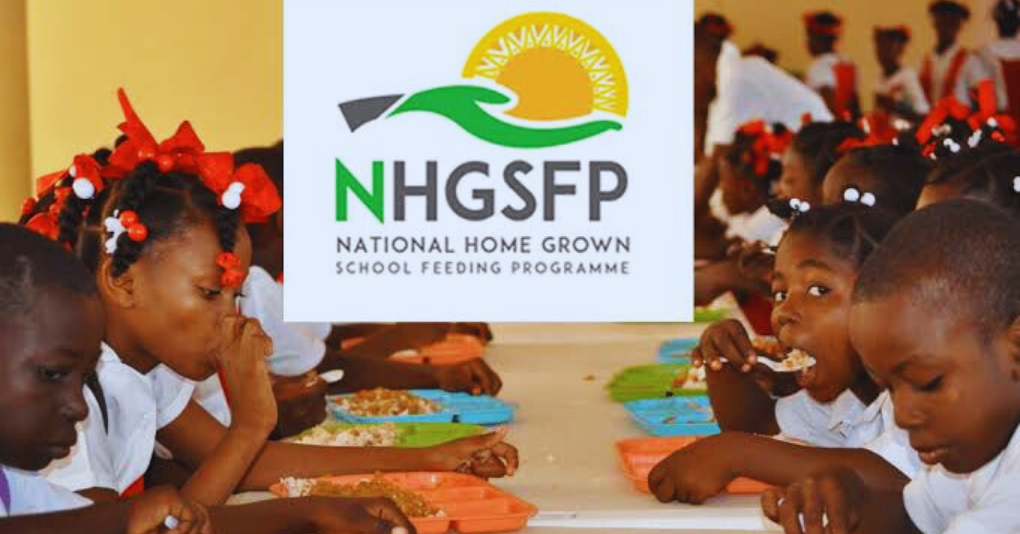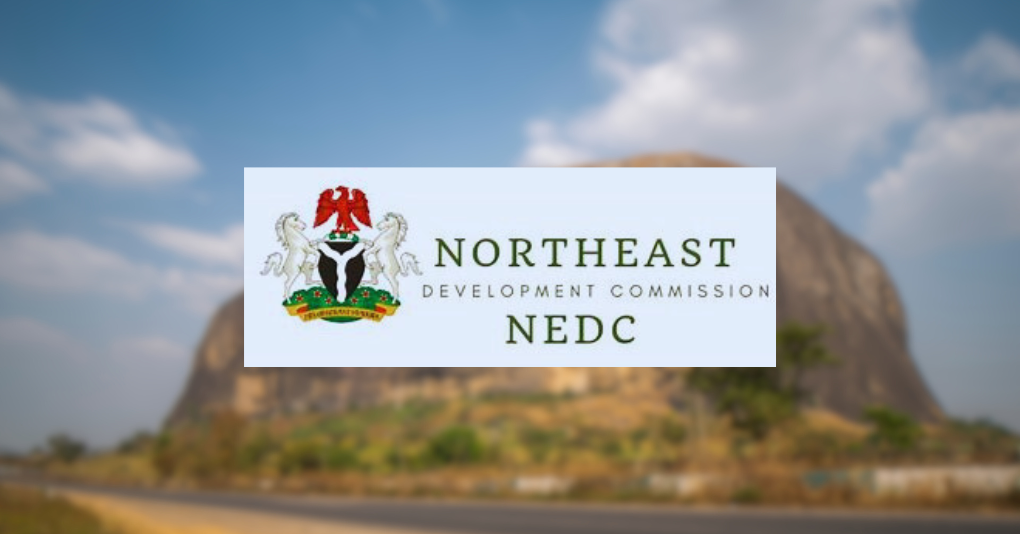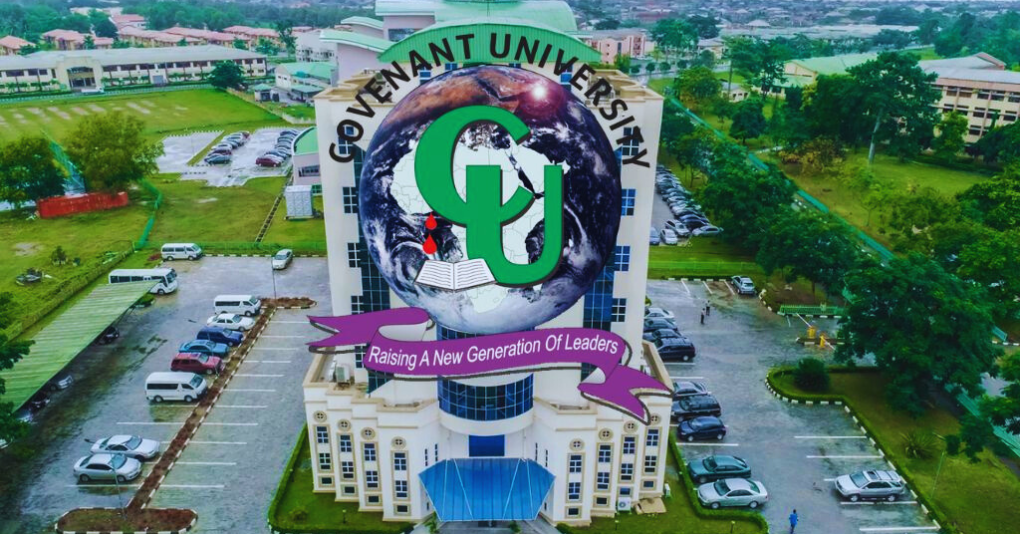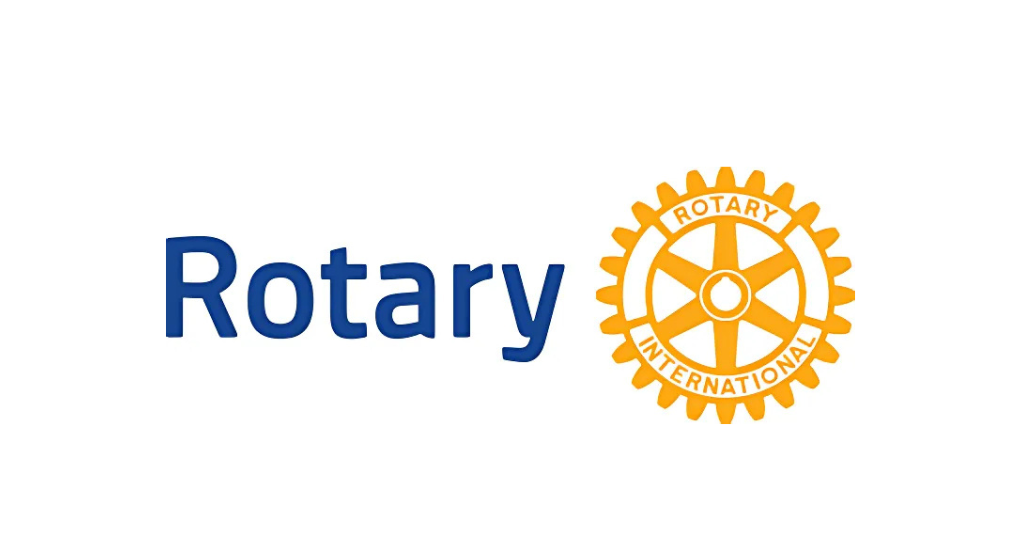The Federal Government has inaugurated the Alternate Education and Renewed Hope National Home-Grown School Feeding Project, aiming to expand its reach to 20 million out-of-school and informal children by 2026.
Professor Nentawe Yilwatda, Minister of Humanitarian Affairs and Poverty Reduction, announced this during the programme’s launch on Tuesday in Abuja.
Yilwatda explained that the programme is being implemented by the Renewed Hope National Home-Grown School Feeding Programme (RH-NHGSFP), in collaboration with the National Commission for Almajiri and Out-of-School Children Education and the National Identity Management Commission.
He said the project, launched on Children’s Day, is one of the flagship initiatives of the National Social Investment Programme Agency, commemorating President Bola Tinubu’s second year in office.
“There is no better time to renew our commitment to inclusive, equitable, and quality education, especially for the millions of children currently outside the formal education system,” he said.
“The Alternate Education Programme is a strategic and compassionate response to one of the most critical educational and social development challenges of our time — the rising number of out-of-school children.
“It is our firm belief that every child, regardless of background, location, or social status, deserves the right to learn, to grow, and to dream.
“In furtherance of this goal, the NHGSFP, under the renewed mandate of NSIPA, has identified Karsana II, a nomadic settlement in the Federal Capital Territory, as the pilot site for this transformative initiative.”
Yilwatda added that temporary learning centres have been established to accommodate pupils from Primary One to Three. A staff room and a solar-powered borehole have also been dedicated to guarantee access to clean water for the children and their families.
The learning programme is integrated with the NHGSFP’s daily school meal service, ensuring that each child receives a nutritious meal every school day.
According to the minister, this dual intervention will not only improve school attendance and retention but also significantly enhance children’s cognitive and physical development.
“This is not merely an education or feeding initiative — it is a holistic, rights-based intervention that delivers education, nutrition, identity, and dignity to the Nigerian child,” he said.
Yilwatda emphasised that the objective is to build a national framework for reintegrating out-of-school children into safe, structured, and nourishing learning environments.
Also speaking, Professor Badamasi Lawal, National Coordinator and Chief Executive Officer of NSIPA, said the project, which began as a school-based nutrition intervention, has matured into a policy instrument for inclusion, human capital growth, and socio-economic resilience.
“With the Alternate Education Programme, we are moving beyond conventional boundaries to reach children in unconventional circumstances — those in out-of-school settings, displaced camps, informal settlements, and almajiris.
“This is not charity. It is justice. It is governance at its most intentional,” Lawal stated.
He noted that the programme was designed to reduce the number of out-of-school children in Nigeria, improve enrolment, and facilitate transitions from one level of primary education to the next and on to secondary school.
“This is to bring inclusiveness into the feeding programme to ensure that no child is left behind.”
Dr Aderemi Adebowale, National Programme Manager of the Renewed Hope National Home-Grown School Feeding Programme (RH-NHGSFP), said 200 almajiri children are targeted in Karsana as part of the pilot programme.
Adebowale explained that the programme integrates children living in border communities and informal camps through an inclusive, community-led model of management, feeding, and foundational learning.
She said the RH-NHGSFP is responsible for the tripartite feeding project, the Almajiri Commission oversees teaching, and the NIMC handles verification.
“So, the three of us are coming together to fulfil our mandates. But we are not limiting our mandate to children already enrolled in school.
“We are also extending that mandate to out-of-school children across Nigeria.”
Dr Nurudeen Zauro, Technical Advisor to the President on Economic and Financial Inclusion in the Office of the Vice President, said one of the president’s key mandates is inclusiveness, and the administration is fully committed to achieving this.
According to Zauro, Tinubu’s administration is dedicated to economic and financial inclusion, and the feeding project aligns with this renewed hope agenda.
The Chairman of the House Committee on Poverty Alleviation, Abdulkadir Jobe, represented by his deputy Alex Ikwechegh, said the project demonstrates the government’s tireless efforts to reduce poverty in Nigeria and pledged support to ensure its success.
Share this post





Be the first to comment on this post